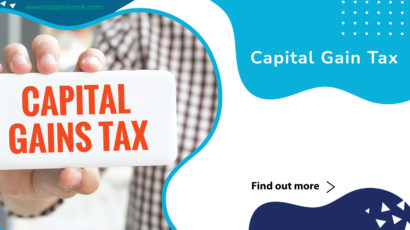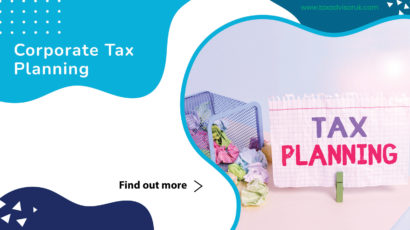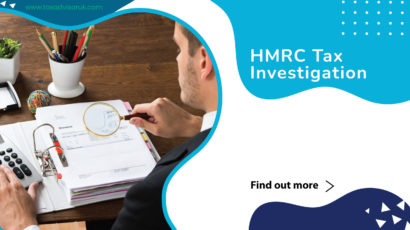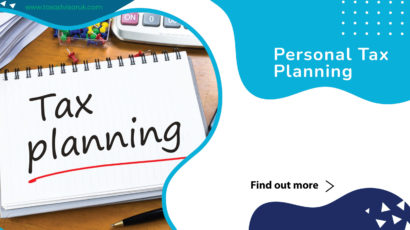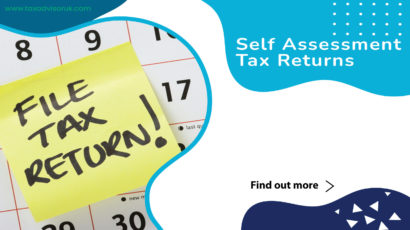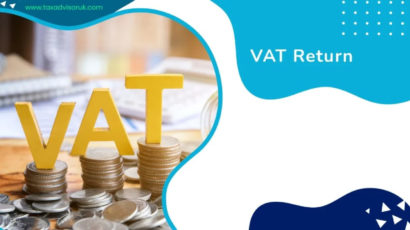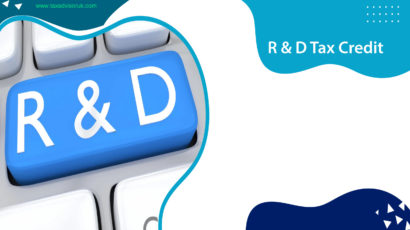Cryptocurrencies (also known as crypto assets) are “cryptographically secured digital representations of value or contractual rights that can be exchanged, stored, and traded electronically,” according to HMRC. Simply said, a cryptocurrency is a digital asset that can be used to pay for products and services, as well as purchased and sold for profit or loss.
Cryptocurrencies are unregulated and uncontrolled and are not backed by any bank or government. Individuals undertake transactions, and the value is established by the amount a buyer is willing to pay.
With a market capitalization of about $600 billion, Bitcoin is the most valuable cryptocurrency, followed by Ethereum. XRP, Tether, and Litecoin are three more popular cryptocurrencies. The top five cryptocurrencies presently control more than 80% of the market, and new cryptocurrencies are constantly being developed. The value of cryptocurrency fluctuates dramatically from day to day.
The Financial Conduct Authority (FCA) has underlined the challenges investors have in comprehending the dangers of cryptocurrency holdings, as well as the presence of financial market abuse and financial crime in the cryptocurrency market.
If you’re planning to do business with bitcoin, consider these dangers and get professional counsel.
What does HMRC say about the tax position of cryptocurrencies?
Since roughly 2014, HMRC has been paying attention to the rise of cryptocurrencies. At the time, Bitcoin was not commonly used or accepted in payment for goods or services, and HMRC saw it as a “speculative investment” or a “game of chance,” with no tax procedures in place to regulate it.
HMRC has revised its rule books and produced a Cryptoassets Manual, outlining the tax status of such assets, since cryptocurrency is now recognised by certain large institutions, including accountancy companies, in return for products and services.
The purchasing and selling of cryptocurrencies (typically via tokens) is considered investment activity, according to HMRC (rather than a trade of dealing in tokens). If a person invests in tokens in such a situation, they will almost always have to pay Capital Gains Tax.
What happens when HMRC asks for information about my cryptocurrency or crypto assets?
HMRC will frequently ask you to complete a Statement of Assets and Liabilities when they begin an investigation into your or your business’s tax liabilities. All key assets and liabilities must be included in your statement, including:
- those of your minor or dependent children,
- those owned through nominees
- those held on your behalf in any other way
- people who are detained outside of the United Kingdom
The statement is crucial, and you should always consult an accountant or tax consultant before completing it. Finally, the statements you make are your responsibility, and they will be used to compute the terms of any HMRC settlement.
A question about any crypto assets held by a taxpayer has been added to the statement of assets form. HMRC’s commitment to find all sources of wealth a person may have is exemplified by this method. Below is a screenshot of the relevant section of the form.
If HMRC requests details about your assets, including crypto assets, you should immediately contact an accountant or advisor. Crunch collaborates with experts who can help you with any cryptocurrency or crypto asset-related issue.
How TaxAdvisor UK can help
At TaxAdvisor UK , our experts will provide you 30 minutes free consultation and help you in managing all your tax and accounting work. Speak to our expert accountants, tax advisor on (0203) 5381276 or fill an online form today. We can have a consultation session over the phone, virtual or face to face meeting and will provide you no obligation fixed quote.




